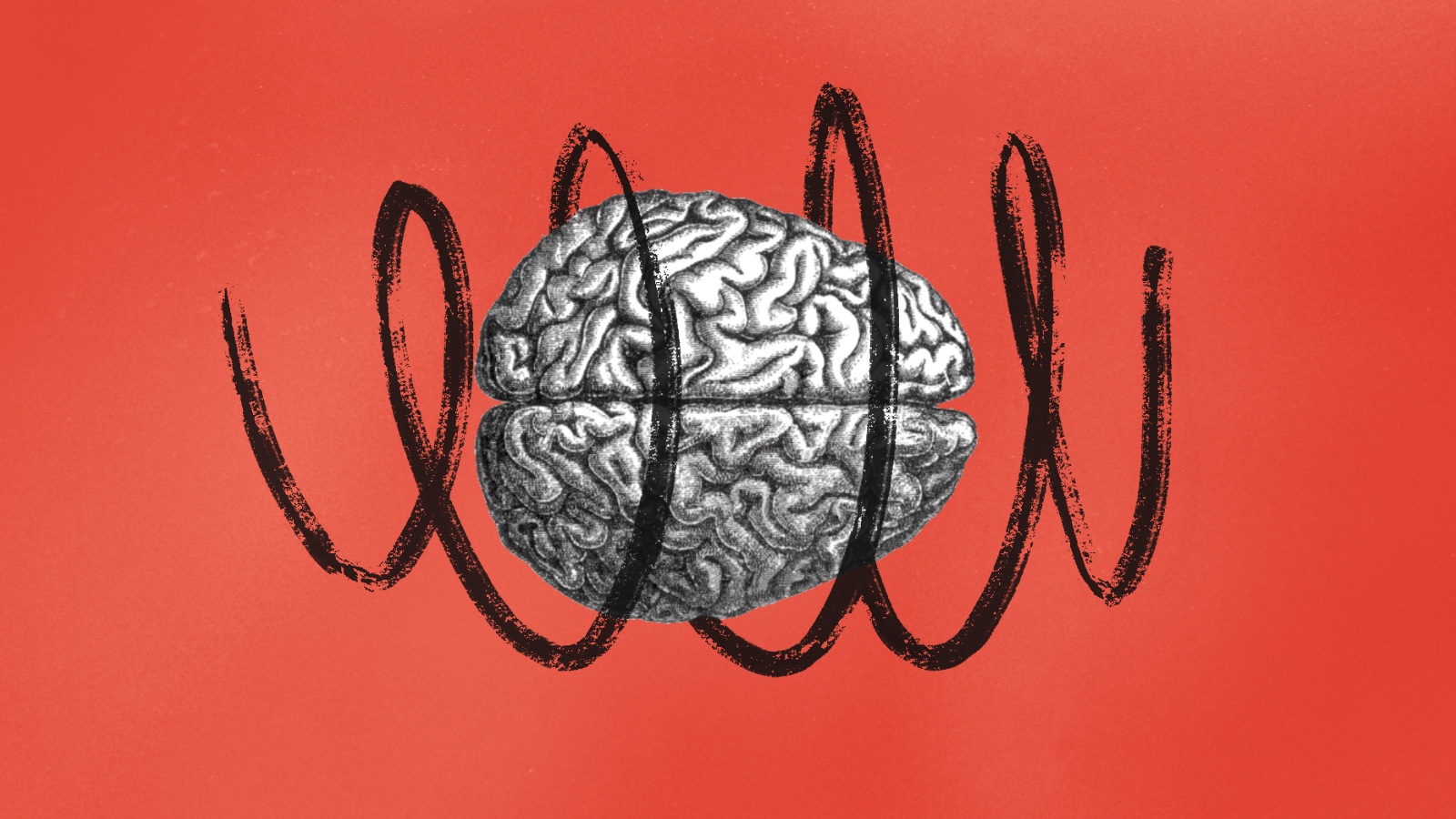We are told not to fear terrorism. But there are 3 reasons why we should

- The fear of terrorism is often seen as unreasonable, as you are far likelier to die from a car accident or heat wave.
- However, philosopher Eran Fish argues that the fear of terrorism is justified because it is natural to fear randomness, preventable atrocities, and societal insecurity.
- Ultimately, it is reasonable to fear death from terrorism because it shouldn't happen at all.
We are all much more scared of terrorism than we used to be. In the U.S., about one in three people are worried about being the victim of a terrorist attack. In Europe, terrorism consistently makes it onto lists of people’s biggest concerns, and it was Europeans’ #1 concern in 2016 and 2017. Even if people aren’t in “terror,” they are anxious about it, and their behaviors have adapted to this anxiety. Most people believe life has permanently changed since 9/11. For Israelis, life may have permanently changed following the events of October 7, 2023.
How justified is this fear of terrorism? One line of argument is that it’s not justified at all.
It claims there are bigger and far more dangerous threats to our everyday lives. For example, in Europe, you are 50 times more likely to die in a bike accident, 85 times more likely to die in a heat wave, and over 4,000 times more likely to die in a car crash than die from an act of terrorism. According to this line of reasoning, our fear of terrorism is engineered by a sensationalist media and psychological biases. A sober risk assessment shows us that fear of terrorism is irrational.
But, according to a new paper by philosopher Eran Fish, the fear of terrorism is not unreasonable at all. There are perfectly justifiable reasons for why we should fear terrorists more than car crashes.
Fear of randomness
The first line of Fish’s argument stems from the idea that we are justified in fearing things that have an element of danger that is random and non-discriminate. For instance, imagine that tomorrow, your government brought in a death lottery. Every day, the government would put everyone’s names through a randomly generated system and pick out one person. That person would then be executed. It would be rational to worry about this lottery. It would be reasonable to watch every night on TV and be scared. (This is the plot of a short story called “The Lottery” by Shirley Jackson.)
For Fish, the same is true for terrorism. As he puts it, “Unlike some other forms of violent crime, terrorism typically targets a random group of people… Anyone could just as well be next.” Terrorists deliberately target anyone, anywhere to spread terror in the general population instead of limiting their attacks to military or government targets. Terrorism is, at least to the everyday person, a random death lottery.
Compare this, though, with car accidents. Yes, far more people die from them. But in this case, a person’s life is put at risk because of a specific choice they made. We know the risk, and we get in the car anyway. That makes a big psychological and philosophical difference.
Fear of preventable atrocities
Fish’s second line of argument is that terrorism is an intentional act that can be prevented. Car crashes are accidents. While heart disease and cancer make up more than 50% of all deaths worldwide (which is far, far more than the deaths caused by terrorism), these aren’t entirely preventable. Someday, you’re going to die of something — might as well be cancer. Natural deaths are a natural part of life.
But this isn’t the case for terrorism. Nobody believes that getting blown up at a coffee shop is a natural part of life. Instead, terrorism is a matter of security, and the problem — extremism — is seen as resolvable.
Fear of societal insecurity
Fish’s third line of argument is that it is reasonable to fear insecurity, particularly when the people you put in charge of protecting you (namely, the government) fail to do so.
For Thomas Hobbes, a state’s primary purpose is to provide or prevent things that individuals cannot. We pool our personal sovereignty and hand over our private liberty so the state machinery can do things in our interest. In Hobbes’ view, the first role of an authority is security, like keeping us safe from a foreign invasion. On the flip side, the state cannot prevent medical deaths and car crashes; besides, they are at least partially the individual’s responsibility.
Justified fear
Fish concludes, then, that it is entirely reasonable to fear death from terrorism more than other causes of death: They shouldn’t be happening at all.





